COLEACP-CABI AGREEMENT TO SUPPORT GLOBAL FOOD SECURITY
- 10/12/2020
- Posted by: Gaetan Dermien
- Category: Uncategorized
No Comments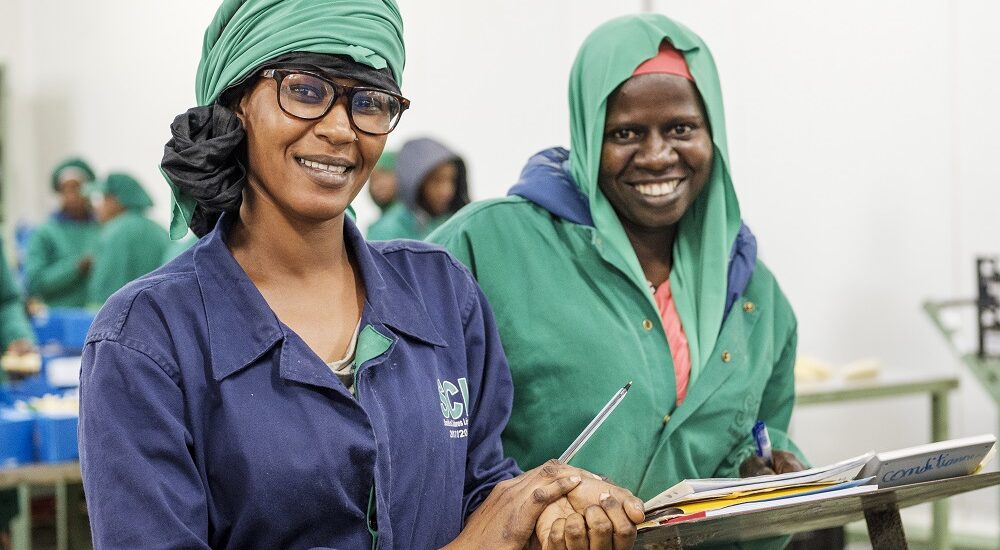 COLEACP and CABI have signed a Memorandum of Understanding to work together on key areas of interest concerning sanitary and phytosanitary (SPS) measures around the world. The agreement, which ultimately aims to benefit food security among countries within the African Caribbean and Pacific (ACP) states, will enable a strategic focus on improving SPS measures – including regulations and standards – at a local, national and regional levels. The understanding will build on CABI’s main objective of improving people’s lives worldwide… +
COLEACP and CABI have signed a Memorandum of Understanding to work together on key areas of interest concerning sanitary and phytosanitary (SPS) measures around the world. The agreement, which ultimately aims to benefit food security among countries within the African Caribbean and Pacific (ACP) states, will enable a strategic focus on improving SPS measures – including regulations and standards – at a local, national and regional levels. The understanding will build on CABI’s main objective of improving people’s lives worldwide… +Validation workshop on phytosanitary legislation in Guinea
- 30/11/2020
- Posted by: Sandra Borma
- Category: Guinea, News
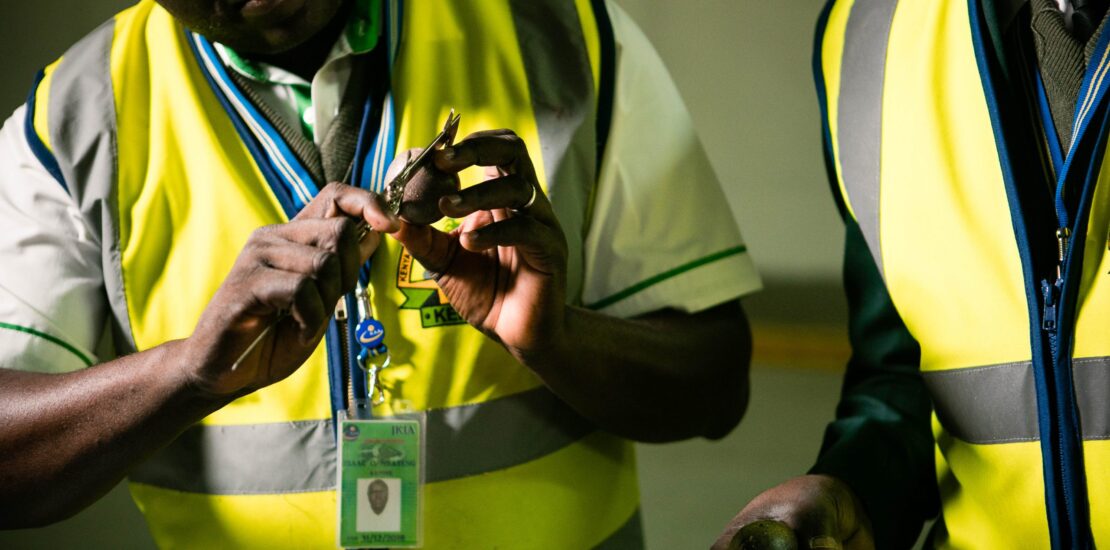 A workshop in Coyah brought together several of Guinea’s ministries (Justice, Health, Agriculture, and Trade) to validate new legislation governing official control, inspection and phytosanitary certification, in line with the international phytosanitary standards signed and ratified by Guinea. The workshop was supported by the #STDF Guinea programme, implemented by COLEACP, which is working to strengthen the country’s SPS control and certification system.… +
A workshop in Coyah brought together several of Guinea’s ministries (Justice, Health, Agriculture, and Trade) to validate new legislation governing official control, inspection and phytosanitary certification, in line with the international phytosanitary standards signed and ratified by Guinea. The workshop was supported by the #STDF Guinea programme, implemented by COLEACP, which is working to strengthen the country’s SPS control and certification system.… +EU MRL changes
- 13/11/2020
- Posted by: Gaetan Dermien
- Category: Africa, Angola, Benin, Botswana, Burkina Faso, Burundi, Cameroon, Cape Verde, Caribbean, Central African Republic, Chad, Côte d'Ivoire, Democratic Republic Of The Congo, Djibouti, Dominica, Dominican Republic, Equatorial Guinea, Eritrea, Eswatini, Ethiopia, Federated States of Micronesia, Fiji, Gabon, Gambia, Ghana, Grenada, Guinea, Guinea-Bissau, Guyana, Haiti, Jamaica, Kenya, Lesotho, Liberia, Madagascar, Malawi, Mali, Mauritania, Mauritius, Mozambique, Namibia, Niger, Nigeria, Pacific, Papua New Guinea, Republic of the Congo, Rwanda, Saint Kitts and Nevis, Saint Lucia, Saint Vincent and the Grenadines, Samoa, Sao Tome and Principe, Senegal, Seychelles, Sierra Leone, Somalia, Sudan, Suriname, Tanzania, Timor-Leste, Togo, Tonga, Trinidad and Tobago, Tuvalu, Uganda, Vanuatu, Zambia, Zimbabwe
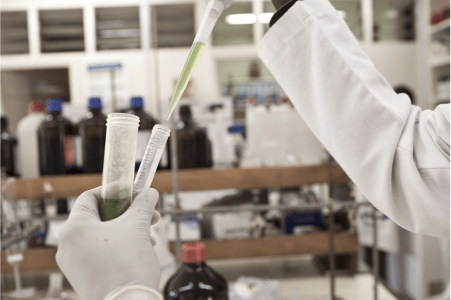 This news provides updates on recent changes to EU maximum residue limits (MRLs) for plant protection products (PPPs). Where an MRL has been lowered, it is important for growers using the PPP to make any necessary adjustments in good time to ensure continued compliance with EU regulations. This may mean adapting production practices (good agricultural practices, GAP) or using alternative control methods. This news also includes a complete list of the MRL changes introduced so far in 2020. If you… +
This news provides updates on recent changes to EU maximum residue limits (MRLs) for plant protection products (PPPs). Where an MRL has been lowered, it is important for growers using the PPP to make any necessary adjustments in good time to ensure continued compliance with EU regulations. This may mean adapting production practices (good agricultural practices, GAP) or using alternative control methods. This news also includes a complete list of the MRL changes introduced so far in 2020. If you… +IPPC Capacity Development guides now available in French
- 12/11/2020
- Posted by: Emmanuel Bourcelet
- Category: News
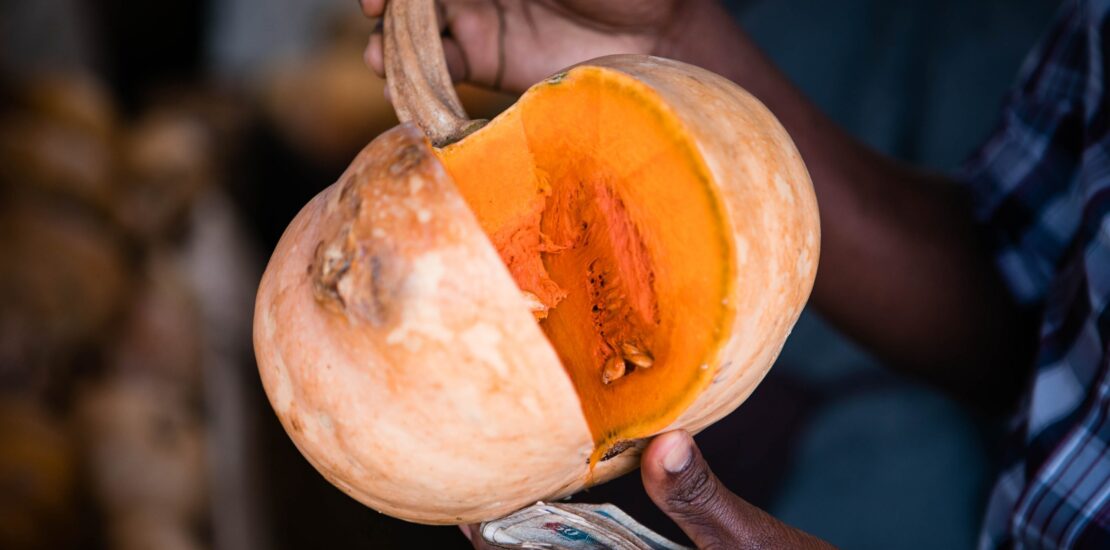 In the field of plant health, the International Plant Protection Convention (IPPC) is the world’s reference organisation. It offers many high-quality publications, including Capacity Development guides that support the activities of National Plant Protection Organisations (NPPOs). COLEACP has been collaborating with the IPPC to co-publish French versions of eight of these guides, which were originally published in English, particularly with the intention of making them available to the francophone countries in West Africa. The guides draw extensively on requirements specified… +
In the field of plant health, the International Plant Protection Convention (IPPC) is the world’s reference organisation. It offers many high-quality publications, including Capacity Development guides that support the activities of National Plant Protection Organisations (NPPOs). COLEACP has been collaborating with the IPPC to co-publish French versions of eight of these guides, which were originally published in English, particularly with the intention of making them available to the francophone countries in West Africa. The guides draw extensively on requirements specified… +Call for expression of interest
- 25/09/2020
- Posted by: Gaetan Dermien
- Category: Ethiopia
 In the context of the COLEACP/Fit for Market (FFM SPS) : Strengthening sanitary and phytosanitary systems of the ACP horticultural sector, funded by the 11th European Development Fund, COLEACP is launching a new call for tenders concerning the provision of “Support to the COLEACP team for the implementation and monitoring of COLEACP programme activities in Ethiopia” ref. 201169. You will find here all information related to this service procurement notice, including the terms of reference (point 8. Objective, description and… +
In the context of the COLEACP/Fit for Market (FFM SPS) : Strengthening sanitary and phytosanitary systems of the ACP horticultural sector, funded by the 11th European Development Fund, COLEACP is launching a new call for tenders concerning the provision of “Support to the COLEACP team for the implementation and monitoring of COLEACP programme activities in Ethiopia” ref. 201169. You will find here all information related to this service procurement notice, including the terms of reference (point 8. Objective, description and… +West African mango on the European market: towards a very positive 2020
- 14/08/2020
- Posted by: Gaetan Dermien
- Category: Africa, Mangoes, News
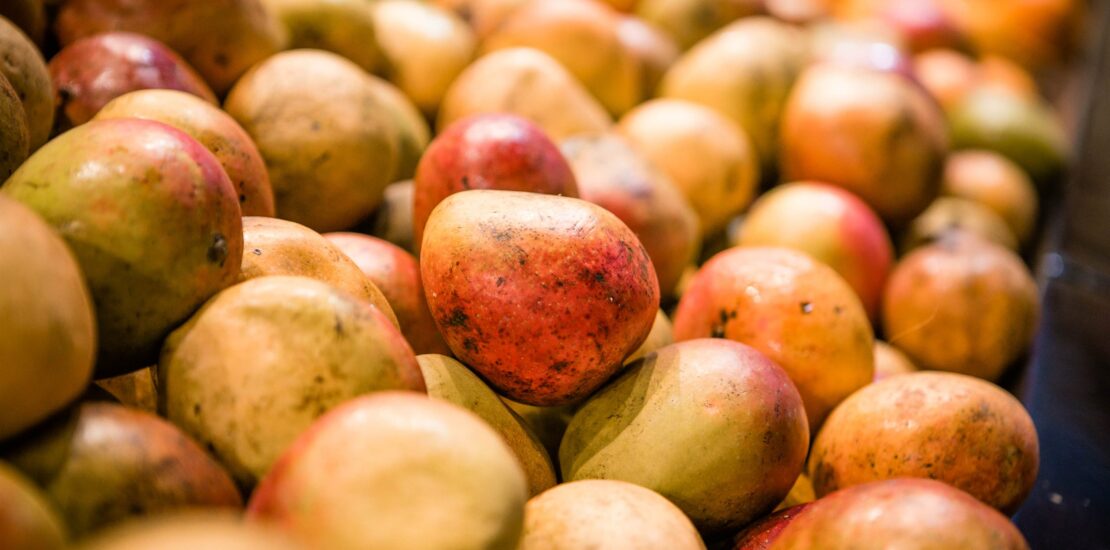 On a demanding European market affected since March by COVID-19, following Côte d’Ivoire at the beginning of the campaign, Mali and Senegal also show very encouraging results, reflecting the efforts of the entire sector. In recent years, there have been numerous and recurrent interceptions of mangoes imported into Europe due to the presence of fruit fly. With the European Union’s revision of its phytosanitary regulations, a new European directive came into force on 1 September 2019, imposing additional requirements on… +
On a demanding European market affected since March by COVID-19, following Côte d’Ivoire at the beginning of the campaign, Mali and Senegal also show very encouraging results, reflecting the efforts of the entire sector. In recent years, there have been numerous and recurrent interceptions of mangoes imported into Europe due to the presence of fruit fly. With the European Union’s revision of its phytosanitary regulations, a new European directive came into force on 1 September 2019, imposing additional requirements on… +Update on plant health rules for fresh mango exported to the EU
- 10/07/2020
- Posted by: Gaetan Dermien
- Category: Mangoes, News
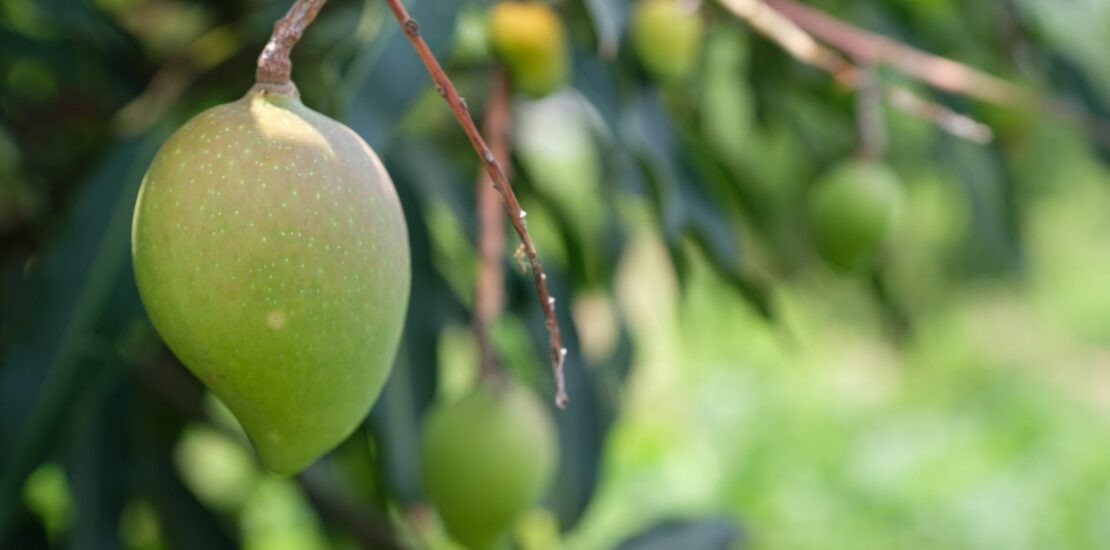 An update of “COLEACP Guidelines on the Export of Mango to the European Union” has just been published. This guide provides a clear explanation of what needs to be done in order to ensure that Mango exports are in compliance with EU phytosanitary requirements related to non-European fruit fly (Tephritidae). It details the information to be provided, and actions to be taken, at all stages from production to export by producers and exporters, as well as by the national authorities… +
An update of “COLEACP Guidelines on the Export of Mango to the European Union” has just been published. This guide provides a clear explanation of what needs to be done in order to ensure that Mango exports are in compliance with EU phytosanitary requirements related to non-European fruit fly (Tephritidae). It details the information to be provided, and actions to be taken, at all stages from production to export by producers and exporters, as well as by the national authorities… +Digital training on integrated fruit fly management for the NPPO and technical managers
- 25/06/2020
- Posted by: Sandra Borma
- Category: Gambia, Mangoes, News
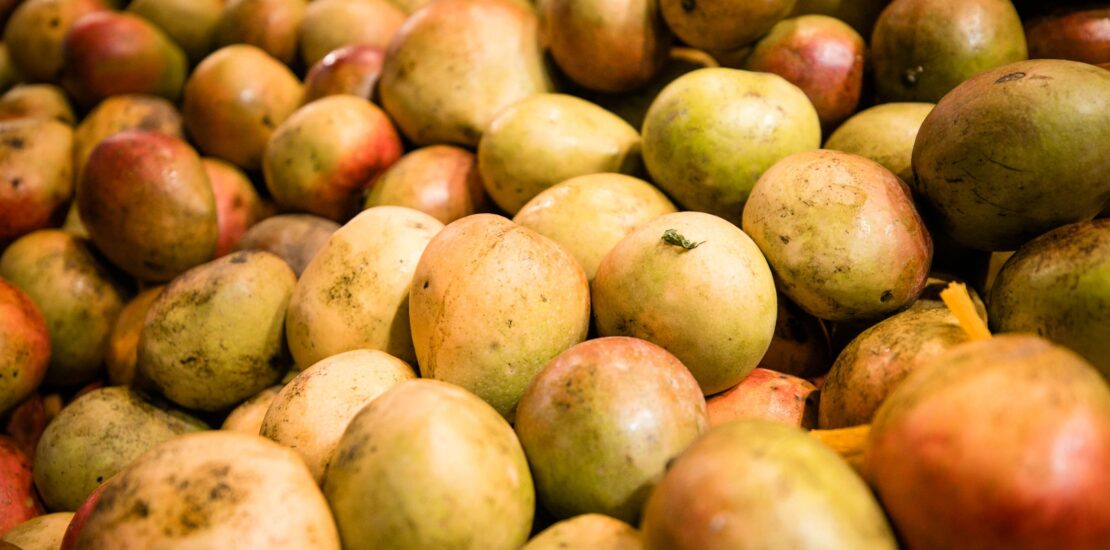 COLEACP’s digital training on integrated fruit fly management for NPPO and technical managers of Gambian companies ended around positive feedbacks from participants. The training aimed to strengthen the capacity of plant protection officers and technical managers of exporting fresh mangoes companies in integrated fruit fly management measures. It also aimed to strengthen the capacity of phytosanitary agents to inspect operators in the mango sector.… +
COLEACP’s digital training on integrated fruit fly management for NPPO and technical managers of Gambian companies ended around positive feedbacks from participants. The training aimed to strengthen the capacity of plant protection officers and technical managers of exporting fresh mangoes companies in integrated fruit fly management measures. It also aimed to strengthen the capacity of phytosanitary agents to inspect operators in the mango sector.… +Enhancing kenyan horticultural exports: COLEACP’s new EU programme
- 15/05/2020
- Posted by: Gaetan Dermien
- Category: Kenya, News
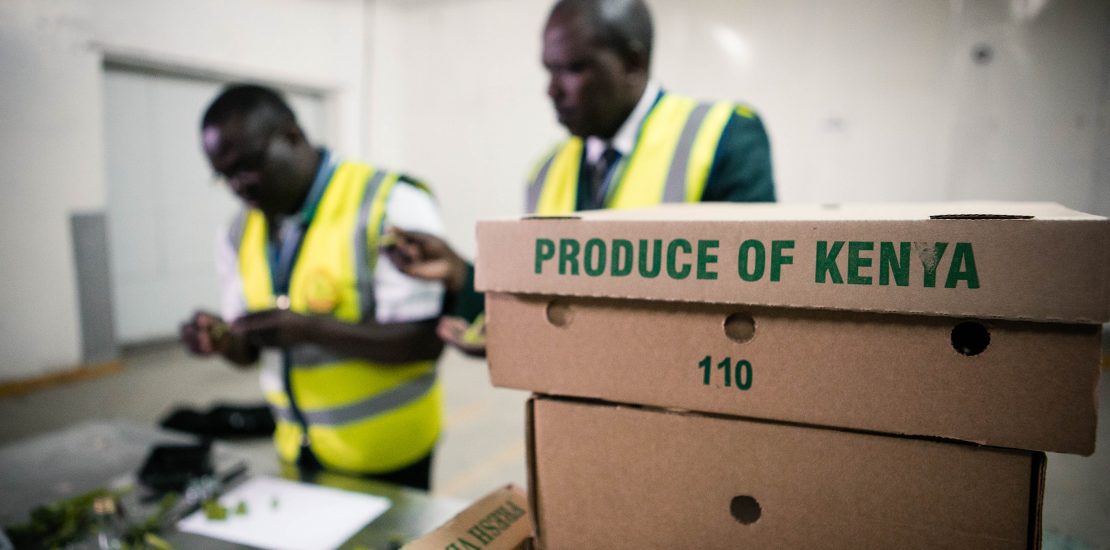 COLEACP’s new Nairobi-based programme, signed on 30 April, aims to increase the resilience, inclusiveness and sustainability of Kenyan horticultural value chains. The four-year, €5 million programme financed by the European Union through the EU delegation in Kenya, will aim to secure a lasting improvement in the capacity of all stakeholders in the Kenyan horticultural sector to adapt to evolving sanitary and phytosanitary (SPS), commercial, social and environmental requirements on local, regional and international markets. Implemented by a programme management unit… +
COLEACP’s new Nairobi-based programme, signed on 30 April, aims to increase the resilience, inclusiveness and sustainability of Kenyan horticultural value chains. The four-year, €5 million programme financed by the European Union through the EU delegation in Kenya, will aim to secure a lasting improvement in the capacity of all stakeholders in the Kenyan horticultural sector to adapt to evolving sanitary and phytosanitary (SPS), commercial, social and environmental requirements on local, regional and international markets. Implemented by a programme management unit… +
